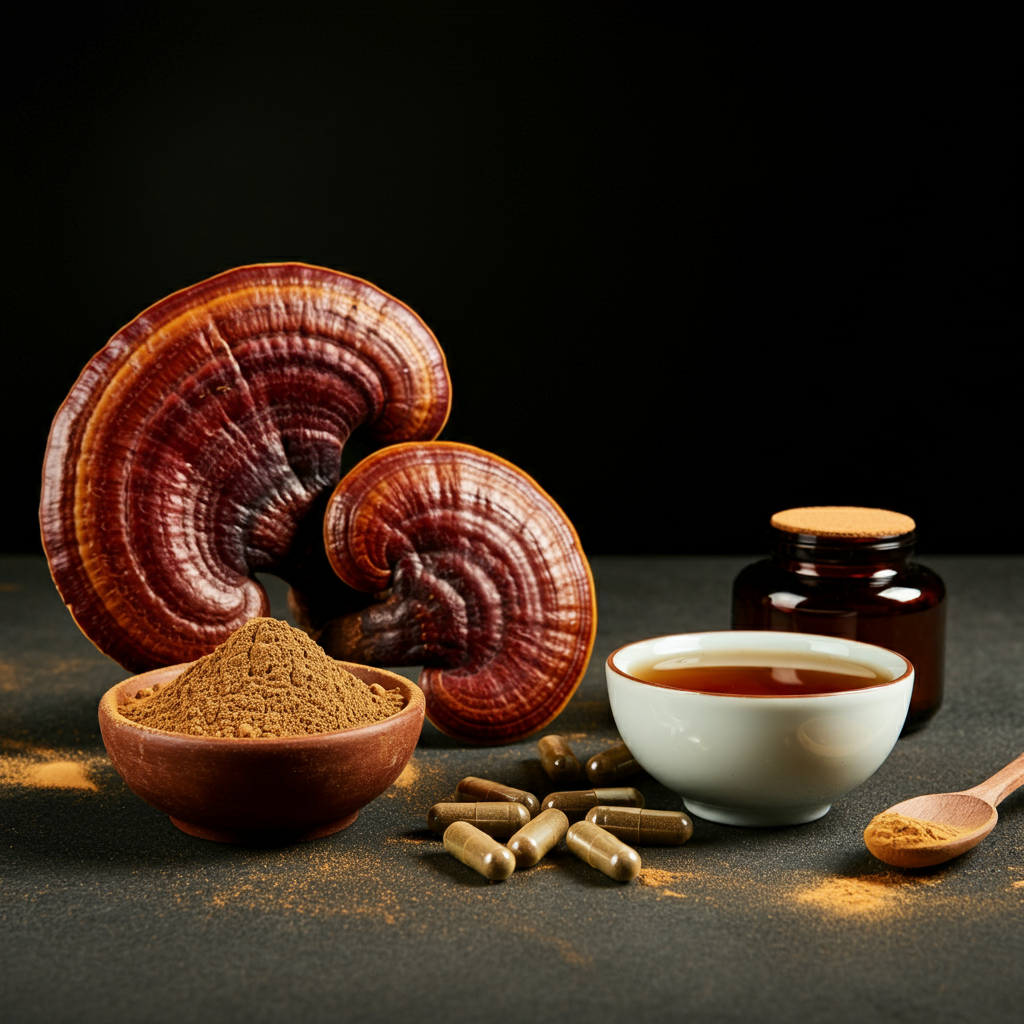Dietary Administration of Mushroom Mycelium Extracts in Patients with Early Stage Prostate Cancers Managed Expectantly: A Phase II Study
Authors: Yoshiteru Sumiyoshi, Katsuyoshi Hashine, Yoshiyuki Kakehi, Koji Yoshimura, Takehumi Satou, Hidetoshi Kuruma, Syunichi Namiki, and Nobuo Shinohara
Journal: Japanese Journal of Clinical Oncology
Study Design: Open-label trial
Participants: 74 patients with early-stage prostate cancer managed expectantly
Intervention: The patients received a mushroom mycelium extract (active hexose correlated compound, AHCC) at a dose of 4.5 g/day for 6 months. The treatment period was extended to 12 months for some patients who wished to continue.
Outcome Measures:
- Primary endpoint: The proportion of patients with a decrease in prostate-specific antigen (PSA) level by 50% or more.
- Secondary endpoints: Compliance with AHCC administration, adverse events, changes in Th1/Th2 ratio, NK cell activity, and anxiety levels (measured by the State-Trait Anxiety Inventory, STAI) before and after administration. In patients continuing expectant management, PSA doubling time (PSADT) was also compared before and after administration.
Summary: The study investigated the efficacy and safety of AHCC, a mushroom mycelium extract, in patients with early-stage prostate cancer managed expectantly. The primary endpoint, a 50% or more decrease in PSA levels, was observed in only one patient (1.4%). The changes in PSA levels were stable throughout the trial period, regardless of the treatment duration (6 or 12 months). Patient compliance with AHCC administration was excellent, nearing 100%. Adverse events were mild, with one case of grade 2 diarrhea and one case of grade 1 itching reported. No significant changes were observed in NK cell activity or Th1/Th2 levels. However, anxiety levels decreased significantly in patients with high anxiety at baseline. The PSADT was prolonged after AHCC administration, but the difference was not statistically significant. The study concluded that while AHCC did not significantly reduce PSA levels, it was safe and well-tolerated, and may contribute to the stabilization of the disease and reduction of anxiety in patients with early-stage prostate cancer managed expectantly.

No responses yet